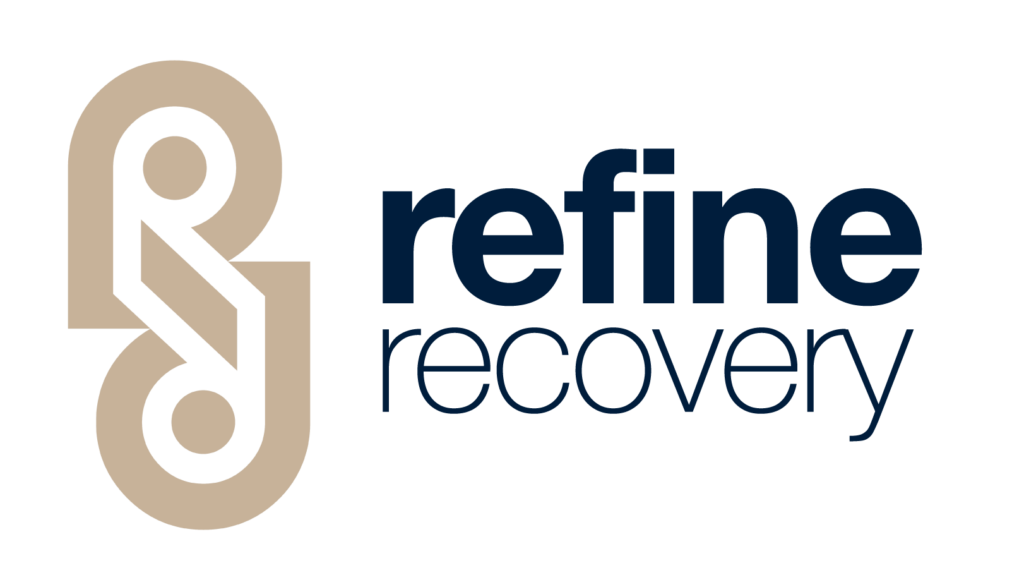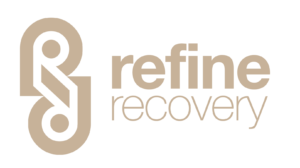People with dependency issues are often dealing with co-occurring disorders. Co-occurring disorders are two types of mental disorders that occur at the same time.
It is common for people that have a mental disorder to self-medicate. They may be dealing with depression, anxiety, and other types of mental illness. Instead of reaching out, they turn to drugs and alcohol to treat their symptoms.
While drugs and alcohol may provide temporary relief, they often make matters worse in the long run. They can damage relationships, cause legal issues and be detrimental to physical health. What’s more, the patient now has two disorders to deal with, the original mental disorder and the addiction.
While co-occurring disorders and not easy to deal with, they are treatable. This article will answer the question, what are co-occurring disorders, and provide information so you can get the help you need.
What are Co-Occurring Disorders?
Many people who are dealing with mental disorders are reluctant to get help. They may be afraid of what others will think of them if they admit they have a problem. They may not believe their disorder is severe enough to require treatment.
Instead of seeking help, they self-medicate. They take drugs or alcohol, increasing the risk of an addiction. The addiction becomes another disorder they must deal with. Hence, they would then be diagnosed with co-occurring disorders.
While it’s common for people to develop an addiction alongside mental illness, that’s not the only type of co-occurring disorder that may occur. For example, people may be dealing with OCD and anxiety, post-traumatic stress and depression, and the list goes on. Here are some examples of disorders that may be diagnosed in co-occurring cases:
- Addiction
- Depression
- Anxiety
- ADHD
- OCD
- Bipolar disorder
- Phobias
- PTSD
- Schizophrenia
- Personality and mood disorders
What is the Best Treatment for Co-occurring Disorders?
Co-occurring disorders are best treated with dual diagnosis treatment. This type of treatment addresses both the addiction and its underlying cause. When both issues are addressed, it targets the harmful behavior at its root stopping the cycle.
There are many types of therapies that can be used in a dual diagnosis program. These include cognitive-behavioral therapy, alternative therapy, dialectic behavioral therapy, and more. The provider will work with the patient to determine the course of care they feel is best suited to their individual needs.
What to Look for in a Dual Diagnosis Treatment Center
There are many rehab facilities that take a dual diagnosis approach, but which is suitable for you? Here are some factors to consider.
- Inpatient or Outpatient: Some facilities offer inpatient treatment, some offer outpatient, and some offer a combination of both. The one you choose will be contingent on your personal situation.
- Atmosphere: Facilities can provide a luxury environment while others and comfortable and homey.
- Level of Care: The facility you choose should have a caring staff that’s experienced in treating addiction and mental health conditions.
- Customized Treatment: The staff should work with you to find a treatment that’s best suited to your personal situation.
- Affordability: Many treatment centers take a variety of insurance plans to make care more affordable. Find one that accepts your plan to ensure you can get the help you need without going broke.
Dual Diagnosis Treatment in Beverly Hills
There are a variety of facilities that offer dual diagnosis treatment, and you can spend hours trying to find the best one, but to save some time, check out Refine Recovery first.
Refine Recovery is a luxury drug rehab in Beverly Hills, CA. We offer inpatient treatment with a customized approach. Our staff is compassionate and well trained in dealing with substance abuse and mental health issues. We provide multiple therapies in our dual diagnosis plans.
Addiction is not easy to deal with, and it can be even more complicated if you are looking at co-occurring disorders. But with the right approach, you will find the care you need to address the dependency issue along with its causes. Refine Recovery will provide the individualized treatment you require. Contact us to find out how we can get you on a path to wellness.



